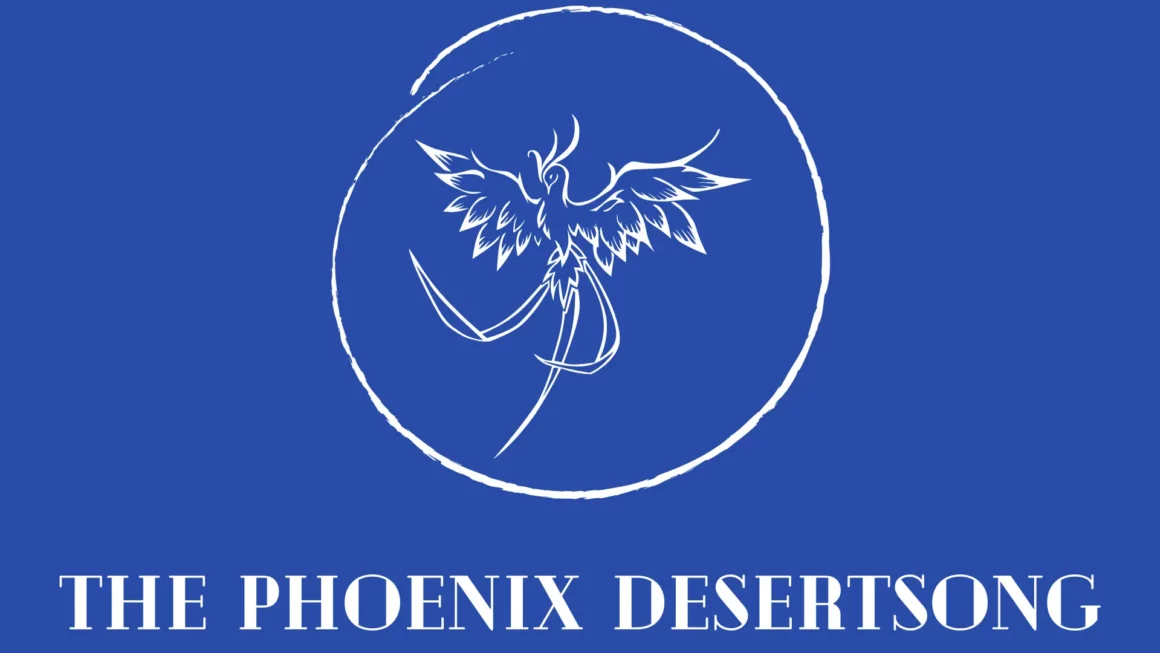While I’ve been writing professionally for more than a decade, I have written mostly as what is known as a ghostwriter. That is, someone who has ghostwritten articles and website copy. When you think about writers—or just about anyone who creates something from scratch—it’s natural to expect their process to start with an idea and then take shape through hours or days of fine-tuning, editing, etc. As a ghostwriter, you’re given the idea to start with, along with some guidelines, and are expected to develop that idea into something that inspires action.
At first, being a ghostwriter served me well in helping to pay the bills for years after leaving college without a degree. Ghostwriting allowed me to solve the immediate problems that not having a completed degree afforded me, giving me opportunities to increase my skills as a writer without relying on internship positions and part-time clerical jobs just to be able to pay off my student loan debts.
Being a ghostwriter, I was able to experiment with tone, voice, and style for many years. I also learned about how to write for search engines, being able to get many websites to rank highly – at times even in the top spot – for lucrative keyword phrases on Google. This skill building exercise allowed me to make a bare-bones living for several years, especially after I decided to leave traditional employment as a clerk behind for full-time freelance writing.
For many years, I made my living as a ghostwriter, working with clients on articles, ebooks, and even entire websites that they wanted to have written, but that they didn’t want to do the writing themselves. At first, it was a lot of fun and very easy money. I could build a resume with writing work that was essentially handed to me. For a while, I was building my business as a freelance writer exclusively doing ghostwriting jobs. Despite not making a fortune, I was mostly paying my bills on time. Most rewarding for me was building something awesome for other people to see and hopefully be inspired to take action, namely, make my clients money so I’d get more work.
Despite these pros of being a ghostwriter, there were some big cons, too. There are two main reasons why I left ghostwriting. The first reason is, despite being proud of what I was able to accomplish for others, it just wasn’t fulfilling creatively. Writing something without having any discernible attachment to what you write leaves you feeling wanting for true achievement.
Writing isn’t like giving an interview or creating art; these things can be completely detached from yourself and stand alone. But, when you give your words away to make them someone else’s, you feel a great loss within yourself. As much as I tried, it was almost impossible for me to turn my back on my words in order to make them someone else’s. This lack of creative fulfillment led me to question what exactly a ghostwriter even was; after all, who was making these words?
The second reason for leaving ghostwriting behind was much more practical and tangible. Unfortunately, well-paying writing gigs began to dry up after 2018 or so. That is, unless you didn’t mind being forced to write about essential oils and car insurance just because those topics are extremely competitive on Google. That isn’t to say these topics aren’t important, but after writing hundreds of articles on these topics in exchange for pennies on the dollar working with content mills, you find yourself burning out quickly.
In short, ghostwriting was no longer lucrative, and from the advice I was getting, it wasn’t a sustainable career in the long run. It’s become an industry with little upward mobility, high job turnover, and lots of competition, especially from overseas. Even when I turned my attention to ghostwriting books, I quickly realized that the going rates weren’t enough to even pay rent. Sadly, it took me years of committing to ghostwriting to figure this out. You’ll never realize your dream of becoming the next Stephen King or John Grisham while working under someone else’s byline.
However, I never truly felt satisfied with the work I was doing because it wasn’t my own original work. Being a ghostwriter certainly was the most profitable career I’ve ever had, in concert with my work in search engine optimization, but it’s also been the most emotionally draining. Many of my clients were very demanding and some didn’t seem to appreciate the work I was doing, even though they knew they couldn’t have done it without me. Because of this I needed to quit being a ghostwriter in favor of something more positive and productive in my life.
Still, I feel like the term ghostwriting shouldn’t be a negative one, but I do understand why plenty of writers won’t touch the title with a ten-foot pole. The general perception of ghostwriting is tied to low-quality ghostwritten books about celebrities or niches like self-help. Even though it’s frowned upon, though, ghostwriting is still an excellent way to gain experience without committing to one specific niche or topic. After all, the more kinds of writing you know how to do well, the better overall writer you become. In fact, many successful freelance writers began as ghostwriters. So, while my life took an unexpected turn, and I can now write under my own name simply for my own entertainment, I wouldn’t be the writer I am today without my ghostwriting experience.
Every day, the Internet pelts me with intriguing pieces with good topics, but when I go to read them, they don’t read well and are rather poorly written. Chances are, it was ghostwritten, and the name on the article is a randomly generated pseudonym. What I read on many major websites feels more forced than ever, and obviously, most content is generated to create search traffic. Without true passion for your subject matter, readers can tell, and while there are plenty of passionate writers out there, I feel like most of the lion’s share of writing work is poorly sourced, in order to remain cheap as possible to make the most of declining pay-per-click and pay-per-view advertising rates.
So, by quitting my long time career of ghostwriting, and turning entirely to writing what I wanted when I wanted, I freed myself from what was becoming a frustrating cycle of writing the same topics for pennies. It may have seemed I made an incredibly brave financially unwise nosedive into a blazing inferno of randomness. However, I wouldn’t say that ghostwriting deserves the poor reputation it has. Still, any serious writer should have a self-hosted blog with a paid domain, whether you’re ghostwriting or not. Building your own brand as a writer is extremely important, but you’re never going to get rich being a freelance writer of any kind, ghostwriters included. Ghostwriting should be a way to build your skills while keeping money in your bank account, not be the be-all, end-all of your writing career.
I see many young people today with Master’s Degrees stuck in minimum-wage paying jobs that only promise a few months of employment at a time. In fact, I almost went back to school, despite not having the financial means to do so, just to try and have guaranteed employment. Truth is, we live in a world today where building your skills and putting them on full display is the way to go. I found a unique opportunity by doing just that; perhaps, all it takes is building your own website, putting your passion on full display, and never quit building it up, even once you think you’ve made it.
The greatest achievement of any writer is to explore their deepest hopes and dreams, to relate their most difficult ideas, and share their unique perspectives with others. Ghostwriting often doesn’t allow for any of these things, and can leave ghostwriters feeling incredibly unfulfilled. While ghostwriting is a great way to earn some useful income and expand your horizons by writing about things you otherwise wouldn’t, you still need to come back to why you started writing in the first place. Write about what you think about all the time, even if you don’t think it’s a topic worthy of earning income. You’d be surprised just how being fresh and interesting can be in the writing world, especially now, more than ever.



